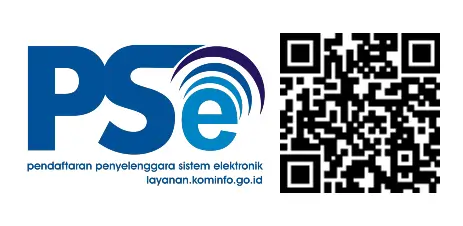Mergers and Acquisitions: Key Considerations in Due Diligence
Mergers and acquisitions (M&A) activity is profoundly influenced by economic conditions. Factors such as GDP growth, interest rates, and market stability significantly shape the volume of deals. In favorable economic climates, closing transactions may appear straightforward, while during economic downturns, buyers tend to exercise greater caution, conducting thorough due diligence before finalizing deals.
In the current uncertain economic environment, due diligence plays a pivotal role in the M&A process. Both sellers and buyers must strategically approach due diligence, balancing costs with the need for transparency. Below, we outline key due diligence areas that sellers and buyers should consider for their transactions.
Legal Due Diligence:
Legal due diligence entails a meticulous examination of a target company’s corporate history and contractual agreements. Sellers furnish various documents related to the target’s business for the buyer’s review, aiming to assess risks, make informed decisions, and negotiate key deal terms. This process typically begins with a review of the target’s corporate records, including organizational documents, meeting minutes, and shareholder agreements. Other essential documents include records of legal claims, property leases, and employment agreements.
Material contracts and obligations are crucial areas of focus, with buyers assessing contracts essential to the target’s operations, such as supplier and customer agreements. They also scrutinize industry-specific regulations and potential liabilities, particularly in regulated sectors like healthcare and finance.
Furthermore, legal due diligence may extend to intellectual property rights for technology-focused companies and compliance with data privacy laws, ensuring the target’s procedures align with local and foreign regulations.
Financial and Tax Due Diligence:
Financial due diligence involves examining the target’s historical financial performance, with buyers analyzing financial statements to assess compliance with accounting principles. Quality of earnings reports helps assess the sustainability of the target’s revenue sources and profitability drivers. Tax due diligence focuses on identifying any outstanding tax liabilities or obligations, ensuring no unexpected tax issues arise post-transaction.
Buyers closely examine the target’s financial statements for any material liabilities and deviations from standardized accounting principles. They may also commission reports to evaluate the quality of earnings and potential tax liabilities, especially regarding state tax obligations and compliance with tax regulations.
Operational Due Diligence:
Operational due diligence examines the target’s ability to continue operations smoothly after the transaction. Buyers assess customer relationships, market position, and the potential for synergies with their existing business lines. They also evaluate management structures and the potential impact of personnel changes on business stability.
Additionally, operational due diligence involves analyzing the target’s operational processes, technology infrastructure, and supply chain management. Buyers aim to identify operational risks and opportunities for improvement, ensuring a seamless integration post-transaction.
Conclusion:
Regardless of economic conditions, legal, financial, and operational due diligence are critical for successful M&A transactions. By paying attention to these areas, both buyers and sellers can lay a solid foundation for a successful deal. Thorough due diligence helps mitigate risks, make informed decisions, and ensure a smooth transition during the M&A process.
Are You Still Confused About Legal Due Diligence?
CLICK THE BUTTON ON THE RIGHT TO ASK OUR TEAM.















































